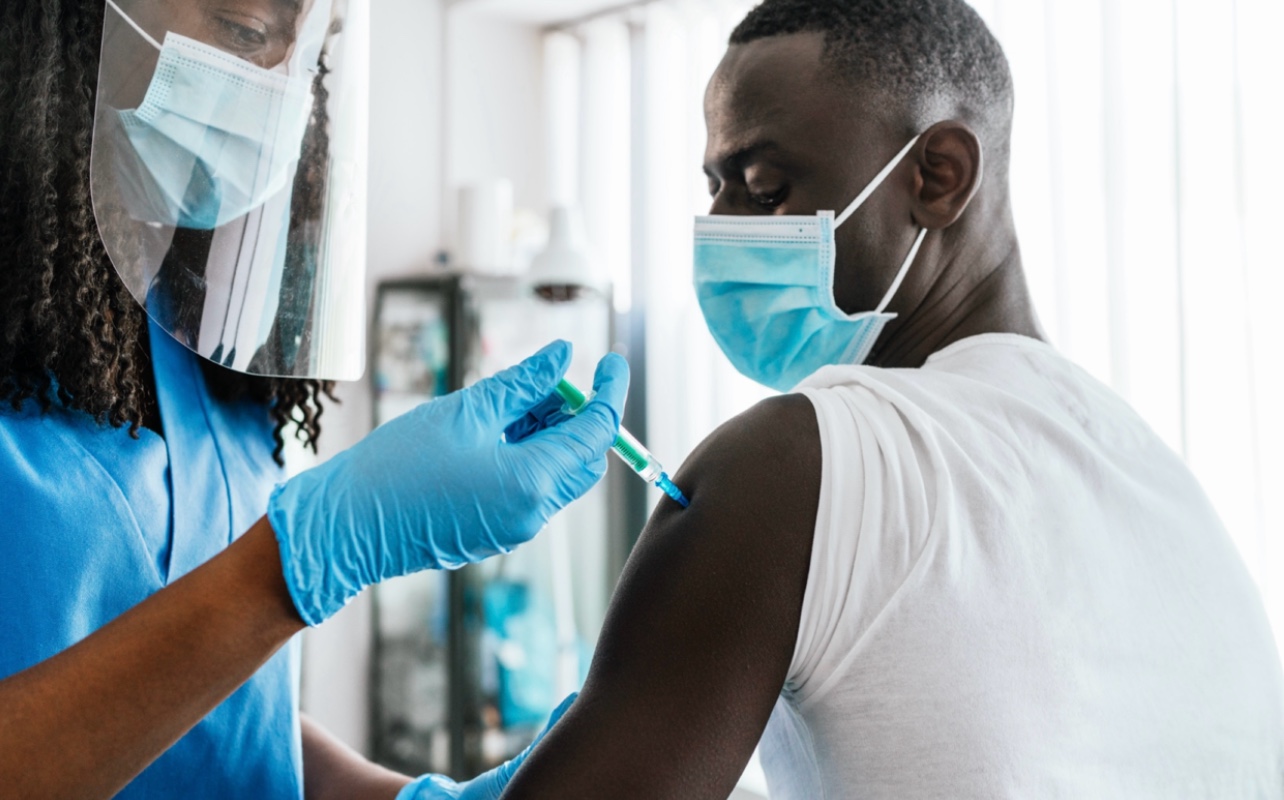
April 17, 2024
Study Suggests Breakthrough ‘Single-Shot’ Vaccine Is Possible
Researchers are pitching the idea that small interfering RNA molecules (siRNA) could be used to create a vaccine that teaches the human body to adapt to different diseases and does not rely on the human body to create antibodies for those diseases.
A study from the University of California Riverside has researchers hopeful that a single-shot vaccine method could be on the horizon. After testing a vaccine on baby mice in their lab, researchers discovered that it successfully provided rapid and complete protection against a disease common in mice. The researchers believe the vaccination method projects well for infants, whose immune systems are still developing.
The researchers are pitching the idea that small interfering RNA molecules (siRNA) could be used to create a vaccine that teaches the human body to adapt to different diseases. This would theoretically eliminate the need for the human body to create its own antibodies for those diseases.
The researchers believe that because of this, the vaccines will also be able to be used on babies who do not have full immune system protection. This would also eliminate the need for booster shots because the vaccine is designed to adapt to the virus and not the other way around.
Rong Hai, one of the study’s authors and a virologist at UC-Riverside said in a press release that the vaccine could be the universal vaccine the scientific community has been seeking. “It is broadly applicable to any number of viruses, broadly effective against any variant of a virus and safe for a broad spectrum of people,” Hai said. “This could be the universal vaccine that we have been looking for.”
Shouwei Ding, the lead author of the paper and a distinguished professor of microbiology at UC Riverside, described how the vaccine works.
“A host — a person, a mouse, anyone infected— will produce small interfering RNAs as an immune response to viral infection. These RNAi then knock down the virus,” Ding said. “If we make a mutant virus that cannot produce the protein to suppress our RNAi, we can weaken the virus. It can replicate to some level but then loses the battle to the host RNAi response. A virus weakened in this way can be used as a vaccine for boosting our RNAi immune system.”
Contrary to traditional vaccines, this one is being developed as a nasal spray, which the researchers believe is a more effective delivery system than traditional vaccinations, and the CDC has already validated this belief. Research teams are already working to create nasal COVID-19 vaccines, and research in India and China resulted in those countries approving booster vaccines delivered via nasal spray.
“Respiratory infections move through the nose so that a spray might be an easier delivery system.” Hai continued, saying viruses would likely have a difficult time avoiding the vaccines. “Viruses may mutate in regions not targeted by traditional vaccines. However, we are targeting their whole genome with thousands of small RNAs. They cannot escape this.”